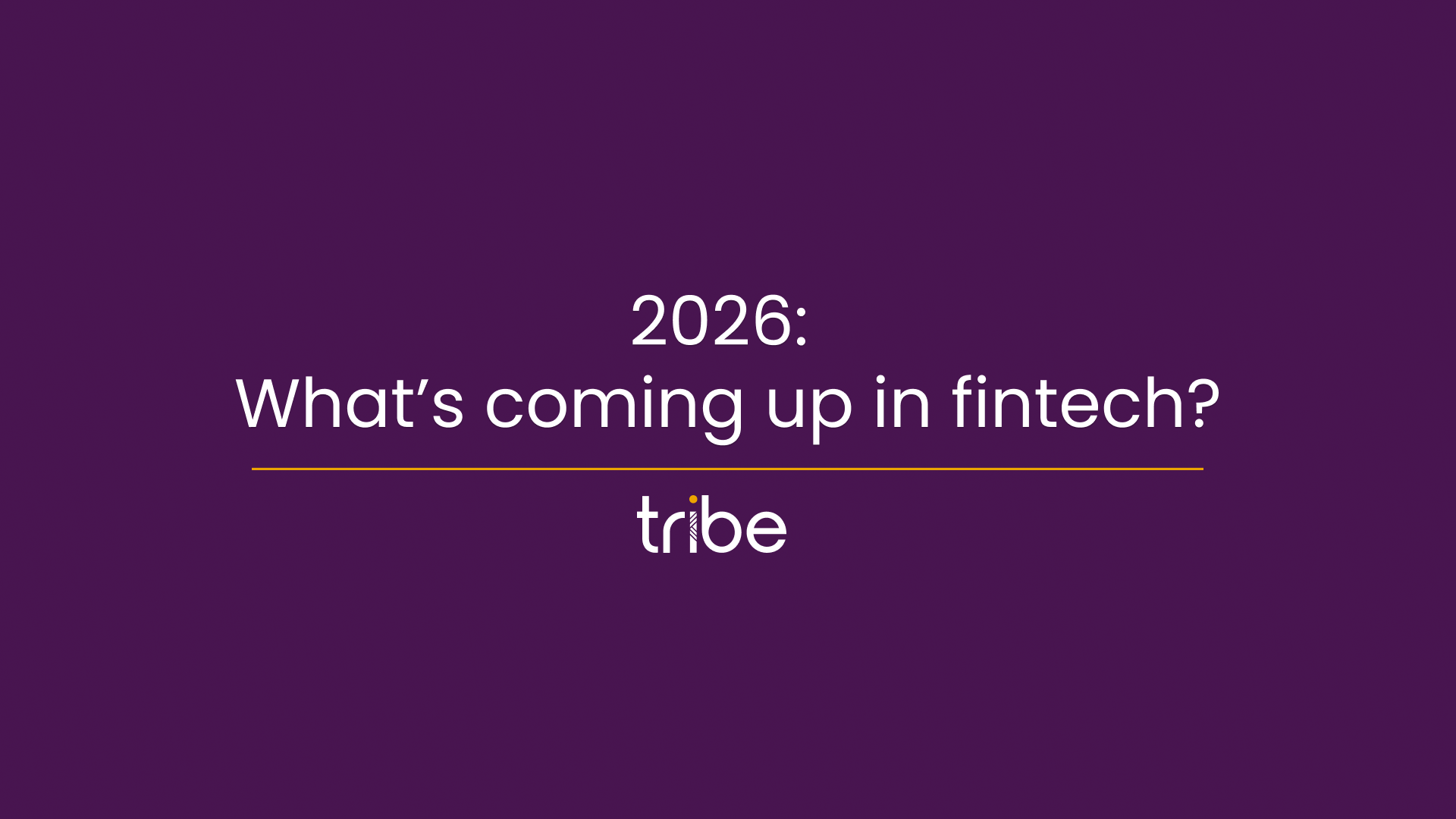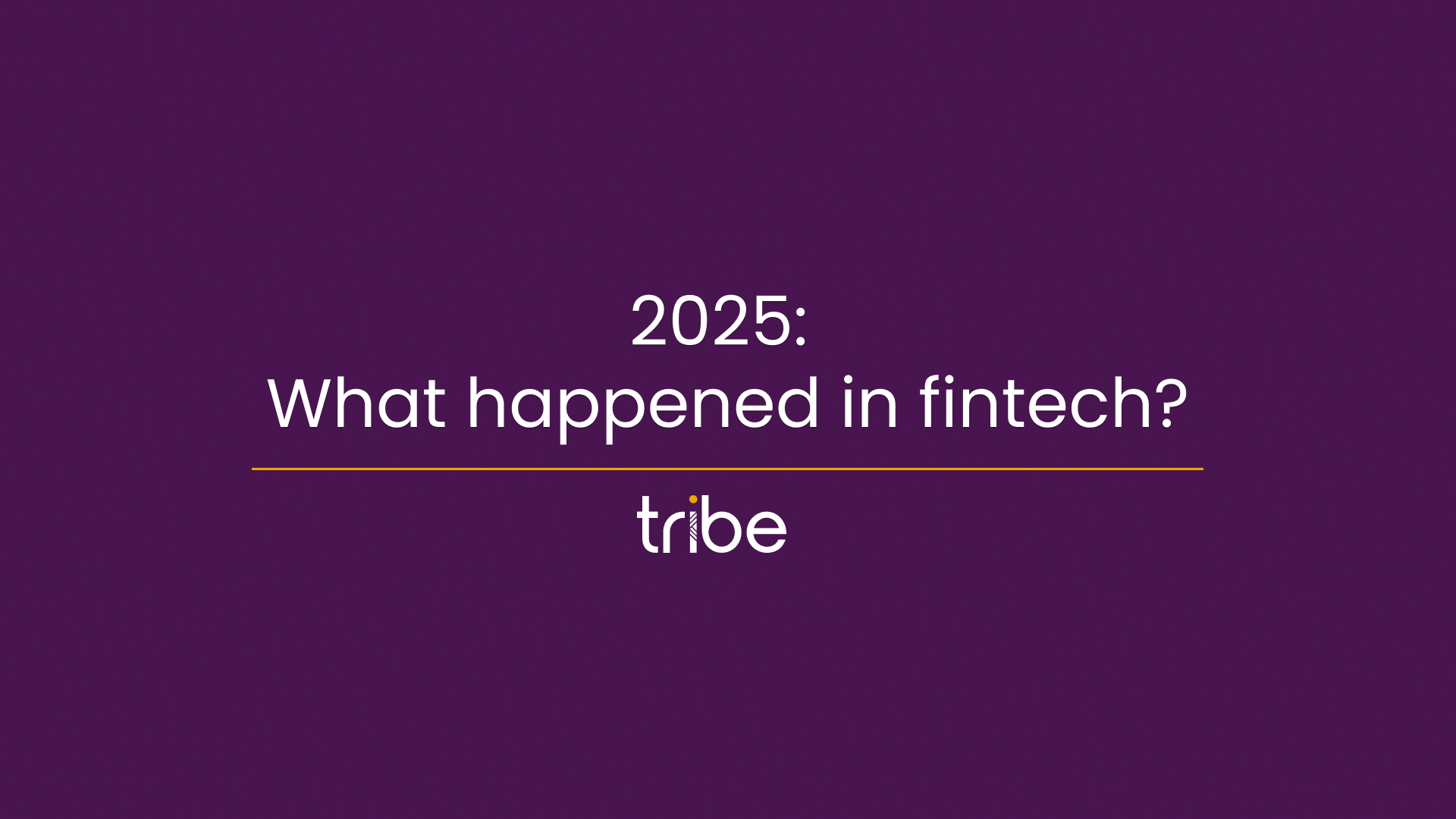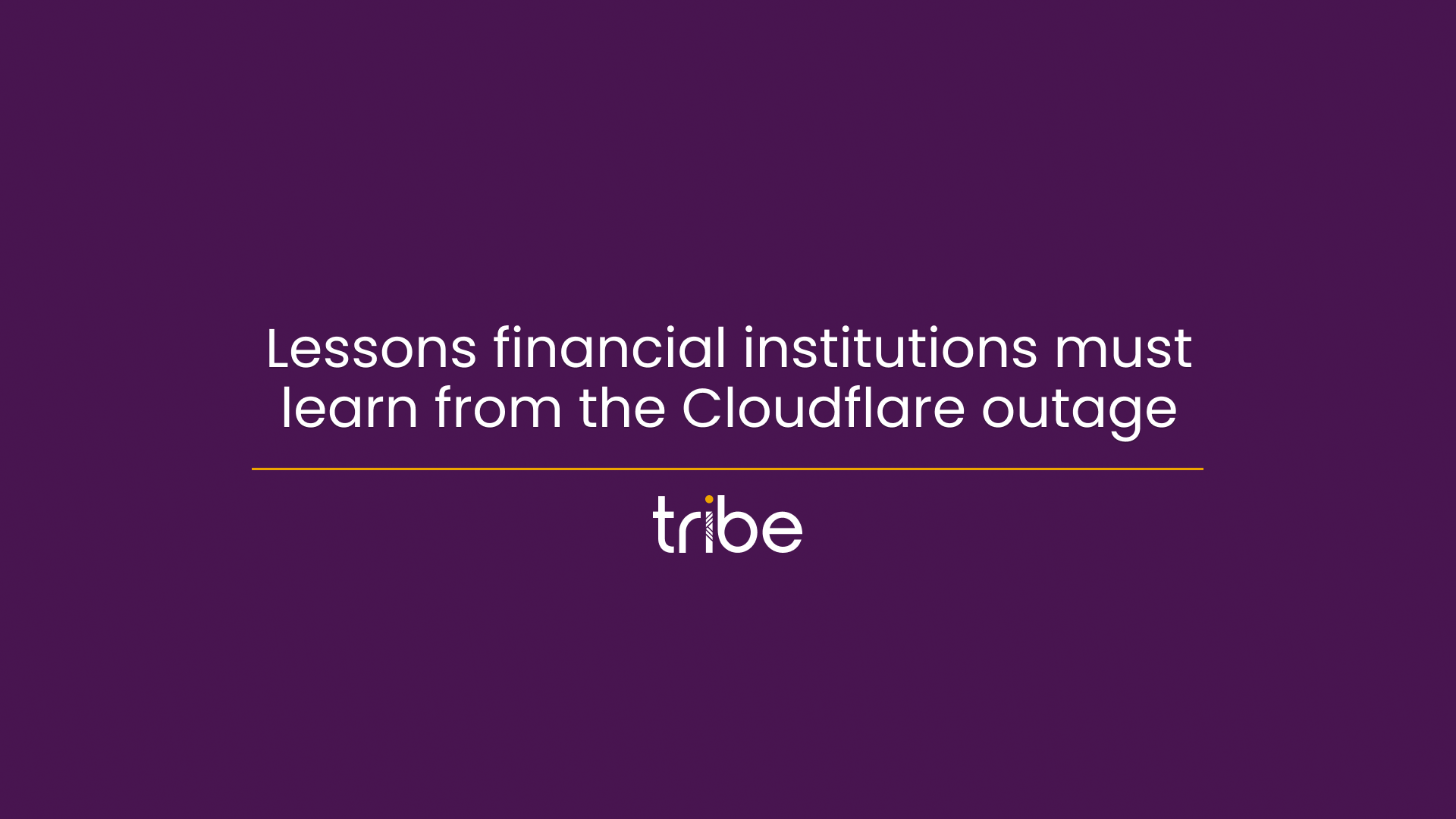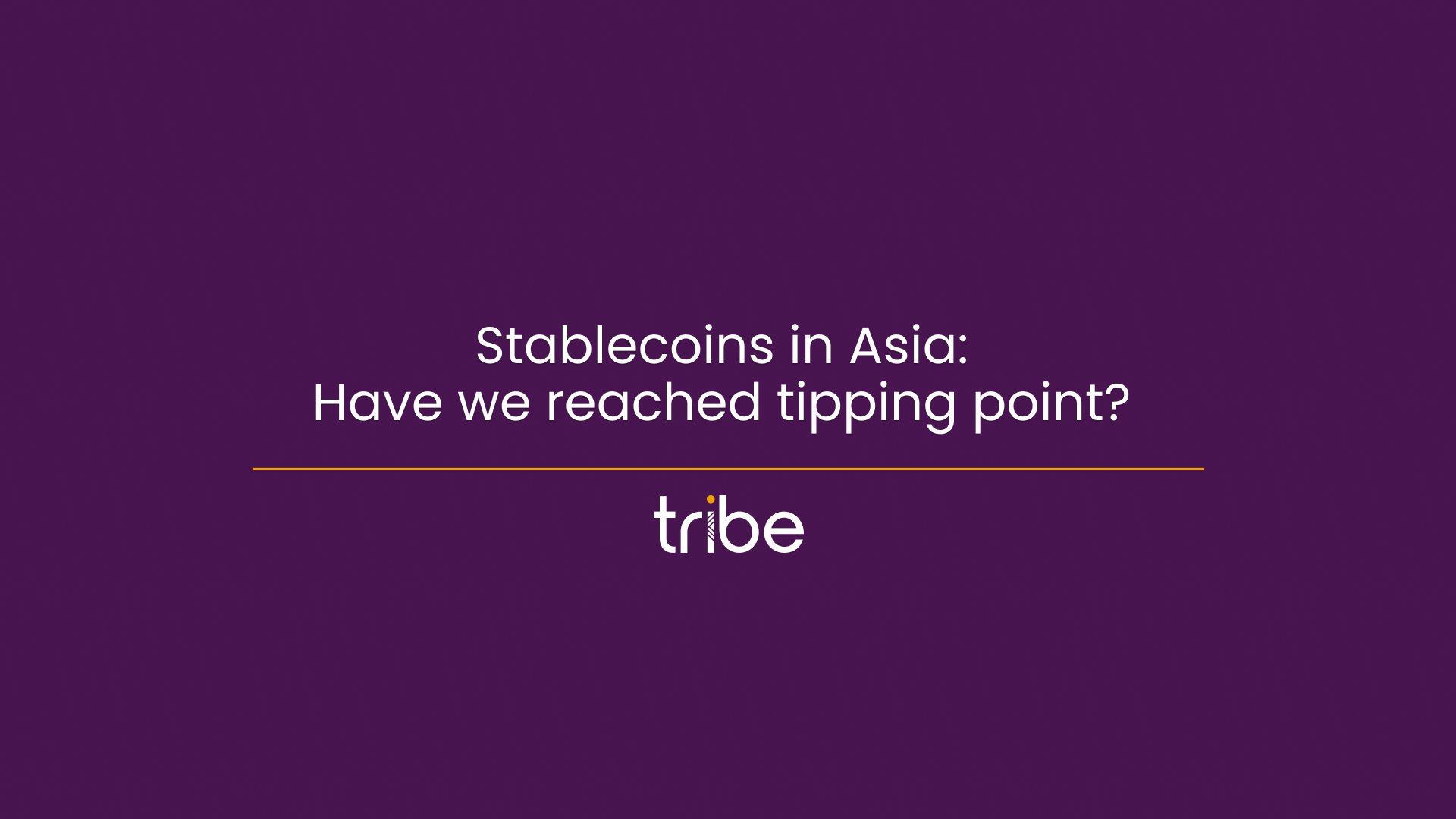Preparing for VoP: Why identity verification matters more than ever
The European Union's new Verification of Payee (VoP) regulation is coming into effect in early October; here's what you need to know.
On 9th October 2025, the European Union's (EU) new Verification of Payee (VoP) mandate will come into force, requiring banks, payment service providers (PSPs), and fintechs to implement payee identity verification as a vital fraud prevention measure.
While many leading financial institutions have already adopted VoP voluntarily, the upcoming mandates will bring its requirements to a broader swathe of the European payments ecosystem. For those still in the planning or deployment phase, the clock is now ticking.
The good news? Yes, VoP is a regulatory obligation – but it’s also an opportunity to strengthen trust, protect customers, and reinforce the resilience of your payment infrastructure. With fraudsters becoming increasingly sophisticated, particularly around authorised push payment (APP) scams, VoP is one of the most effective tools available for stopping fraud before it happens.
Why VoP is a vital weapon in the fight against APP fraud
APP fraud is now one of the most common forms of financial crime in the UK, and other markets where online, ecommerce and social media marketplace transactions are commonplace. In APP fraud, the victim is tricked into authorising a payment to a fraudster posing as a legitimate recipient. Because the victim approves the payment, banks have historically struggled to reverse the transactions or hold bad actors accountable.
According to UK Finance, APP scams accounted for over £460 million in losses in 2023 alone, with 76% of scams originating from online sources, and 16% from telecommunications.
In response to a rising tide of APP scams, UK payment system operator Pay.UK introduced CoP (Confirmation of Payee) in 2020 as an account name-checking service, designed to help reduce misdirected payments and give greater reassurance to customers that payments are being sent, and collected from, the intended account holder for UK domestic payments. If there’s a mismatch, the customer is alerted, allowing them to pause and reconsider before authorising a potentially fraudulent payment. It may sound simple, but the real-world impact is powerful.
In 2023, the UK’s Payment Systems Regulator (PSR) announced a phased rollout, requiring all PSPs to adopt CoP by October 2024. This mandate reflected a wider shift toward proactive fraud prevention and increased accountability across the financial ecosystem. CoP’s impact in the UK has already proven to be a powerful tool in the fight against fraud. Since its initial launch in 2020, more than 2.5 billion CoP checks have been completed, and 99% of all transactions made through the Faster Payments and CHAPS schemes benefit from this crucial safeguard.
Following the UK’s success with CoP, enter Verification of Payee - the EU’s version. VoP will allow PSPs that are compliant with the EU’s Instant Payment Regulation (IPR) to offer an IBAN-name check service, before payers authorise a payment by credit transfer or instant credit transfer.
From optional to mandatory
The European Payment Council – the EU body responsible for overseeing VoP - has made its expectations of PSPs clear ahead of the looming 9th October 2025 deadline:
- PSPs that offer instant payment or credit transfers within SEPA will have to implement VoP
- Implementation must meet functional, security, and customer experience standards
- PSPs will be held responsible for non-compliance and poor performance
As a result, banks, neobanks, fintechs, and payment processors must now prioritise integration with the VoP framework, either directly or through an approved third-party provider.
Why VoP implementation isn’t just a quick plug-and-play
Rolling out VoP involves more than just flipping a technical switch. For PSPs, there are multiple considerations:
- Data quality: Inconsistent or inaccurate customer name records can undermine the effectiveness of VoP. Institutions may need to review and cleanse data before implementation.
- Integration: This can be complex, especially for smaller fintechs or PSPs without prior experience in integrating similar services, such as CoP.
- User experience: Alerts and messages must be clear and timely to avoid damaging trust or creating friction.
That’s where a modular, partner-led approach becomes essential...
How Tribe helps companies get VoP-ready
Tribe Payments’ modern, modular infrastructure is designed to make it easier for PSPs, banks, fintechs and even non-bank financial institutions to get up and running with VoP quickly, securely, and cost-effectively.
Here’s how we help:
- Tribe offers API-based access to the bank provider’s VoP, providing seamless integration with EU VoP through developer-friendly APIs that allow clients to embed VoP checks into their customer flows without needing to start from scratch.
- Our platform enables real-time name validation, checking the account holder’s name at the point of initiation across relevant payment systems – helping stop APP fraud before it starts and giving end-users greater confidence.
- Tribe's customers can use the same API they used for CoP, which reduces the work they need to do on their side, maximising value with minimal effort.
VoP as a strategic differentiator
Beyond meeting compliance requirements, VoP also delivers strategic advantages for financial institutions that want to stand out. It helps build customer trust by visibly demonstrating a commitment to security and transparency. By preventing fraud, VoP also reduces operational costs – cutting down on disputes, reimbursements, and potential reputational damage.
It can enhance risk profiling too, with VoP data feeding into broader fraud detection systems, strengthening AML efforts and transaction monitoring. And as regulators place increasing emphasis on fraud prevention, adopting VoP early sends a strong signal that your institution takes security seriously and is ahead of the curve.
At Tribe, we’re already helping clients map their VoP rollout. The future of fraud prevention is proactive, collaborative, and data-driven. VoP is a key part of that future – and now is the time to act.






.png)
.png)



.png?width=137&height=90&name=Payments%20Awards%20(1).png)


.png)